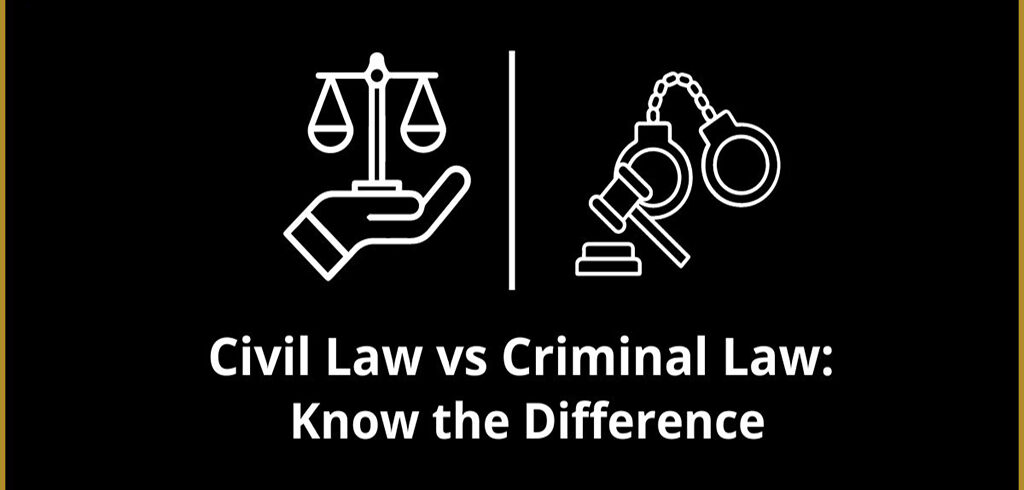
One of the most effective ways of holding negligent parties accountable is by filing a Class-Action Lawsuit. It involves a large number of people however, may take a little more time. So why is it preferred? – Simple, it is much easier to get compensated for any issue using a class action Phuket suit, than when you are doing it on your own.
So, if you have questions regarding a class-action lawsuit, then this article is designed to answer them.
Everything you need to know about a Class Action suit
A class-action suit is a lawsuit made by a person to either sue a company or an organization. In this type of lawsuit, the person or entity suing, usually is the representative of a large number of victims with similar complaints. In simple terms, a class action Phuket suit is a procedure that grants a plaintiff (s) the ability to file and yet still, prosecute a suit on behalf of a large group or class.
Is there any difference between a class action suit and a multi-district litigation/mass tort litigation? Well, the latter stands for several lawsuits filed by different parties. And more often, they are filed by consumers who suffered injuries due to negligence from the manufacturers.
Reasons for filing a class-action suit
Why a class-action suit while you can do it alone? There are massive opportunities made when you join your seemingly small claim to other similar ones. But most importantly, a class action lawsuit is cost-effective. Most individuals don’t have the resources to pay for the lawsuit thus bringing them on the lower side of getting compensated for any damage or injuries.
Additionally, a class action suit is more practical as far as the court schedules are concerned. A single lawsuit means one judge, one lawsuit, and one courtroom. This means that the different lawsuits will be more expensive for the courts in comparison to a single lawsuit. Also, for the Phuket lawyer, he/she gets readily managed lawsuits which initially, would have been different lawsuits as a named plaintiff.
Does it change the misconduct? Well, when a law firm such as the international law firm Phuket, brings a class action for multiple claimants, the defendant isn’t able to financially defend the claims. This makes the contest rule a fair dispute thus forcing the defendant not only to settle the class action but also its misconduct.
Some of the reasons to file a class action are:
- Discrimination to employee
- Toxic exposure
- False advertising
- Defective medication or products
- Security fraud
- Illegal business practices
- Breach of contract
How does it work?
It’s clear that the alliance formed can help strengthen the lawsuit. So, the class action suit starts when a single person contacts a Phuket lawyer concerning a specific claim. Once the Phuket lawyer believes the claim is credible and has a chance of winning, they can ‘weigh’ it to see if it qualifies to be a class action. They then find other prospective individuals that are eligible to join and notify them of the chance. Once they have joined, the legal team (lawyer Phuket) in charge of the case will work on reaching a verdict.
The question of how many people are required to start a class action can only be answered by this: IT ALL DEPENDS. While saying there isn’t a specific number of people, is true, there are several factors that may influence this. One of them is the severity of the monetary damage suffered by each member of the class action.
Stages of a class-action suit
- Getting a law firm: Well, as simple as this may sound, its weight on your case isn’t to be compromised. A law firm, and not only a law firm but the right law firm i.e., the international law firm Phuket, must have prior experience on the underlying legal claim.
- Filling the lawsuit: This process is handled by the class representative. And after filing the lawsuit, the defendant gets the right to respond – where they can either accept or object. An objection may happen if the litigant is confident that the lawsuit should be handled individually or if the class action requirements haven’t been met.
- Obtaining a class certification: The class rep’ will proceed to file a motion that will have the court certify the class. However, several factors will determine if the class will be approved.
The international law firm Phuket together with the class representative must:
- Prove there is a legal claim against the defendant
- Have a plaintiff who should be on good terms will all the members
- Have all the members with similar injuries as the plaintiff since any different injury may invalidate the class. And in as much as the issues of a class action may differ, what must be common is the issues in dispute.
From here, the class should receive a notice (through the internet or media) showing the lawsuit has been certified.
- Allowing opting in and out: Some members may feel like they want more control of the case thus opting out. This should be allowed, however, there are other times that this option is limited.
This stage should be included in the notice sent.
- Negotiating a settlement: The case will go on and a judge will make the decision. The decision might also be on appeal until the settlement (monetary benefit paid) is reached. And if this happens then all the victims will be notified and the leader will arrange the payments.
Bottom line
If you are looking for a more cost-effective and expeditious way to litigate, then a class action suit will do. And of course, resort to the best Phuket International Law Firm and Phuket lawyer, so that they can help you fight back against powerful companies, local governments, and citizens. Don’t feel intimidated. Working with us will make the daunting process manageable.





